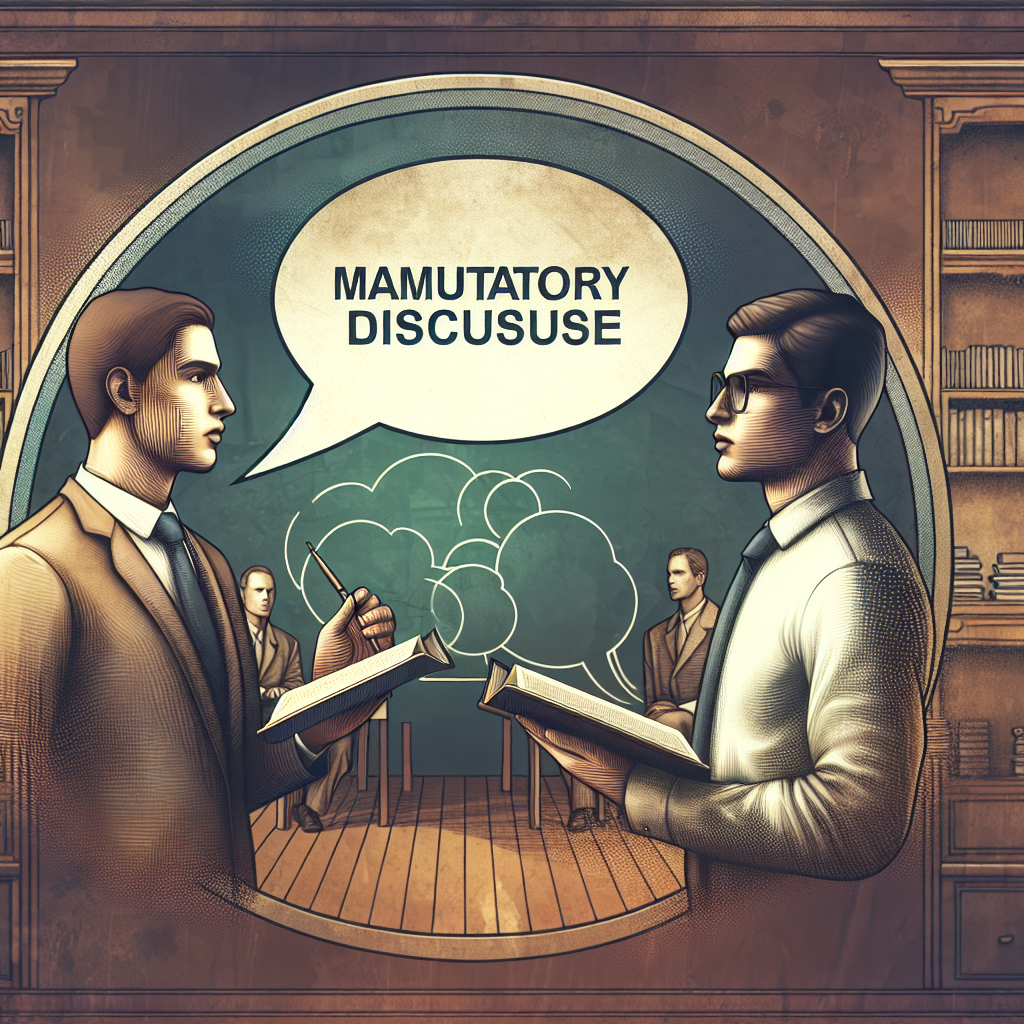In recent years, a concerning trend has emerged in American universities where faculty applicants and current faculty seeking promotions are required to submit “diversity statements.” These statements must detail their commitment to DEI—diversity, equity, and inclusion—and outline the work they have engaged in to achieve these goals. For example, UCLA mandates that applicants submit a two-page statement highlighting their experiences and capabilities in promoting diversity across various dimensions, including race, gender, and socioeconomic status. This requirement has become increasingly common in job applications at many universities, prompting candidates to integrate discussions of diversity into cover letters and teaching statements even when not explicitly required.
The guidelines provided for crafting these diversity statements emphasize a commitment to creating equitable opportunities for various underrepresented groups. Job applicants are encouraged to reflect upon their identity and experiences, articulate how they will promote a diverse environment in their teaching and research, and detail their outreach efforts to mentor students from marginalized backgrounds. While the intention behind these guidelines is rooted in promoting inclusivity, there is an underlying concern that the implementation of such requirements serves to limit the diversity of perspectives represented among faculty applicants.
Critics of this trend argue that the forced articulation of diversity commitments amounts to a form of obligatory speech that infringes upon individuals’ rights to express their personal beliefs freely. They highlight that mandating such statements is particularly troubling in public universities, which ought to uphold a neutral stance and serve all members of the community regardless of their personal beliefs about diversity. The expectation that faculty candidates actively demonstrate adherence to a singular set of views raises ethical questions about ideological conformity in hiring practices and recruitment standards.
Moreover, the issue is compounded in states with conflicting legal frameworks, where policies promoting diversity at federal levels clash with state laws that may prohibit such requirements. Applicants, particularly in states like Florida and Alabama, find themselves navigating a precarious landscape where adhering to federal expectations could set them at odds with state regulations. This creates a paradox for job seekers who are maneuvering between two conflicting modes of compliance, which may result in systematic disenfranchisement of individuals whose views diverge from prevailing ideologies.
The effort to impose diversity statements also reflects broader societal trends toward compulsory speech, not only within academic institutions but extending to various sectors where individuals face pressure to publicly endorse values and principles that may conflict with their personal beliefs. This notion is paralleled in cases where individuals, such as cake makers in Colorado, are compelled to express support for issues like same-sex marriage through their craft—conflicting with their religious beliefs. These cases illustrate ongoing tensions in balancing rights to free expression with societal demands for inclusivity.
To navigate these complexities, it may be beneficial to adopt a Rothbardian perspective on free speech, focusing on the property rights framework surrounding the discourse. Rothbard emphasized that self-ownership and property rights lay the foundation for free speech, arguing that individuals should have the liberty to express themselves freely on their own property or in environments where they are invited. By prioritizing property rights in discussions on free expression, a more nuanced and ethical approach to combating obligatory speech within academic institutions and beyond may be developed, ensuring that genuine diverse perspectives can flourish without coercion or ideologically driven requirements.

